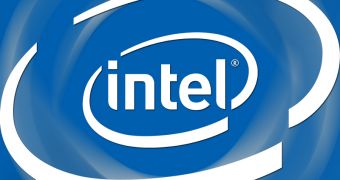Over the past few years, whenever the subject of CPU support and/or incompatibility with an operating system turned up, it was usually about how Windows can't be run on ARM chips.
Ironically enough, just as Microsoft's operating system is finally gaining support for ARM processors, a different OS loses support for an Intel x86 processor.
According to The Inquirer, Linux won't run well on the next-generation Atom series of central processing units, otherwise known as Clover Trail.
The reason is the large number of power state changes at kernel level that the new 32nm-based chip architecture brings.
For the technically-minded, the gist of it is that the new P-states and C-states completely shut down the clock of a core, but the OS itself needs to send the “hints” of when and why they should come into play. Linux kernel lacks these hints, and, thus, won't run Clover Trail, as the CPUs are supposed to be run.
In other words, while Linux isn't blocked from being installed and running on Clover Trail devices, it runs very poorly, compared to Windows 8.
Linux may eventually catch up but, in absence of an ETA for that, customers can't really afford to include the possibility in their plans, due to Intel's stance on the matter.
And by that we mean that the Santa Clara, California-based company has reportedly washed its hands of the OS. Thus, it will continue to work with Microsoft on optimizing Windows 8 on Clover Trail, and launching programs suited for Atom, but Linux will have to fend for itself.
This situation can lead to two directions, one where Linux users switch to Windows 8 (unlikely, since Linux is open-source and has a strong following) and another where Linux users select alternatives to Clover Trail. All we can say is that, with tablet makers unimpressed with Clover Trail, the odds of more OEMs abandoning Atom, like ASUS and Acer did, has increased.

 14 DAY TRIAL //
14 DAY TRIAL //